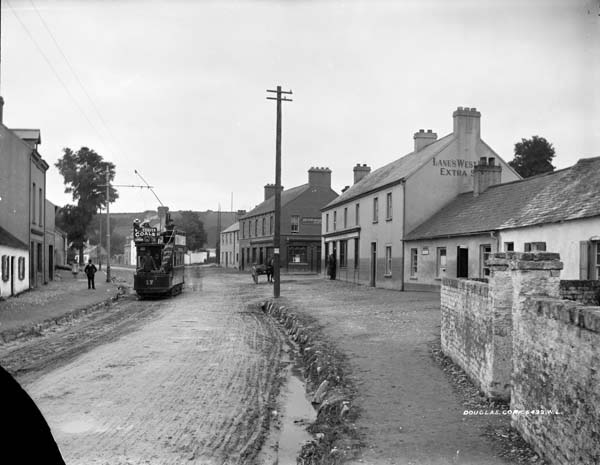
Cllr. Kieran McCarthy continues his exploration of the heritage and local history of the south east corner of Cork City by shifting his focus on Douglas Village and its environs. This takes the form of a lecture as part of heritage week on Thursday, 25th August 2011 at 11am entitled Perspectives on the History of Douglas at Douglas Library. Commenting Cllr. McCarthy noted that: “The story of Douglas and its environs seems to be in part a story of experimentation, of industry and of people and social improvement; the story of one of Ireland largest sailcloth factories is a worthwhile topic to explore in terms of its aspirations in the eighteenth century; that coupled with the creation of 40 or so seats or mansions and demesnes made it a place where the city’s merchants made their home it and also these suburban spaces make for an interesting place to study in terms of ambition. Those landscapes that were created still linger in the environs of Douglas Village.”
The District of Douglas takes its names from the river or rivulet bearing the Gaelic word Dubhghlas or dark stream. As early as the late thirteenth century King John of England made a grant of parcels of land, near the city of Cork to Philip de Prendergast. On 1 June 1726, Douglas Factory was begun to be built. Samuel Perry & Francis Carleton, became the first proprietors. The Douglas Sailcloth Factory is said to have been founded by a colony of weavers from Fermanagh. The 18th century was a golden age for wooden sailing ships, before the 1800s made steam and iron prerequisites for modern navies and trading fleets. The era was also a golden age too for maritime exploration, with the voyages of James Cook amongst others opening up the Pacific and the South Seas. Douglas in its own way added in part to this world of exploration.